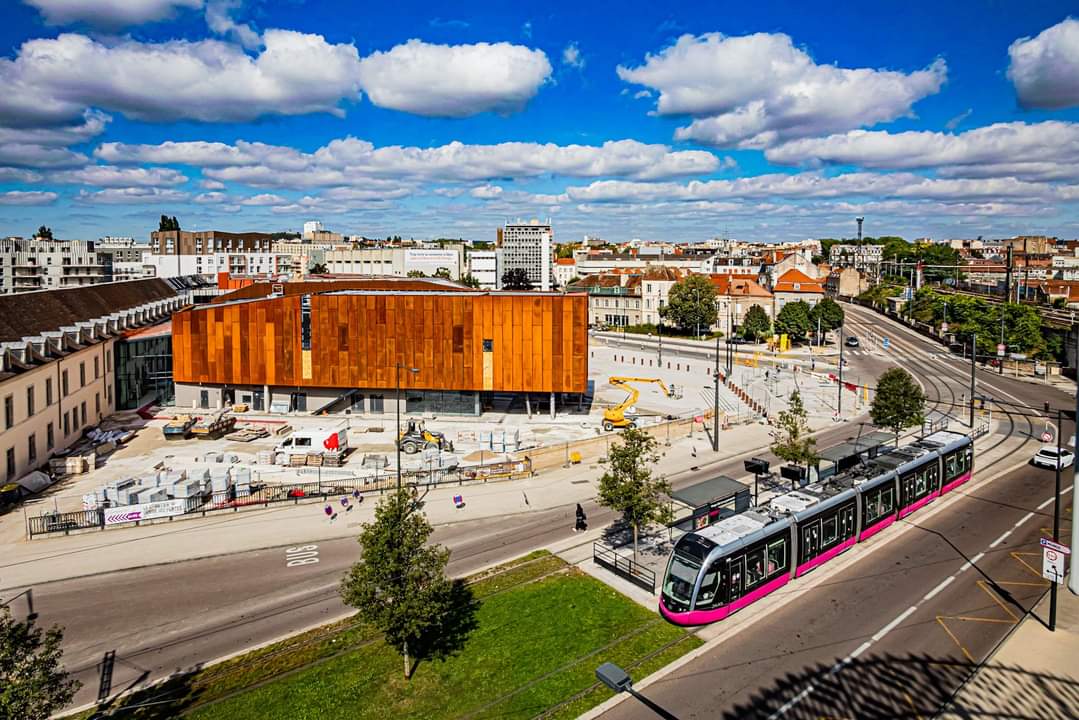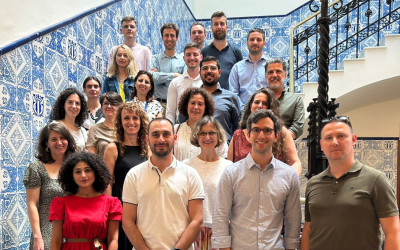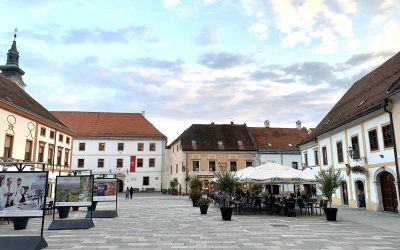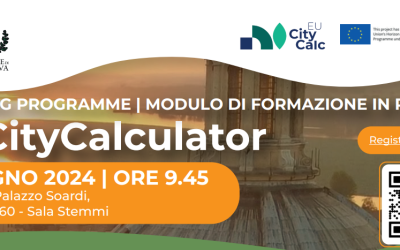From technical improvements to co-creation workshops, here is the state of the art of the project
Since the first version of the European City Calculator was released in February 2023, our partners Climact and PIK have continued to improve the tool, with the support of and feedback from the consortium, especially from pilot cities. On top of keeping collecting and integrating the data from the pilot cities, new modules were added, such as scopes 2 (indirect emissions created by the production of the energy that an organization buys) and scope 3 (indirect emissions generated by customers using the product or suppliers creating the product).
The “Data Explorer (DatEx)”, an interactive tool that provides access to the data behind the Pathways Explorer (PATEX) mode, was created. Moreover, ten new measures, coming from the Covenant of Mayors, have been analysed and integrated into the tool.
New modules are still work-in-progress but will be included by the end of this summer 2023.
The co-creation process in pilot cities
Our ten pilot cities have been trained in the use of the Calculator at the last project meeting in February 2023. Now, they started gathering their local experts to build together a pathway towards climate neutrality. The process kicked off earlier, in February 2023, in Mantova, Italy. The three Portuguese cities (Palmela, Setúbal and Sesimbra), the three Croatian cities (Virovitica, Koprivnica and Varazdin), and Žďár nad Sázavou in Czech Republic all held their first meetings in May-June, and are planning the next round.
What’s next: A training programme for cities
The next step is to teach new local authorities how to make the most out of the webtool and to share the modus operandi of the design of the pathway towards climate neutrality. In fact, EUCityCalc is an open-source webtool soon available to be used by any city.
The training programme will be included in Energy Cities’ Academy platform and will consist of online learning materials, as well as in-person workshops. It will be developed in the 6 national languages of the project (Portuguese, Italian, French, Latvian, Czech and Croatian) and in English.
Stay tuned and subscribe to our newsletter to keep in touch with the EUCityCalc team and join the training programme!











